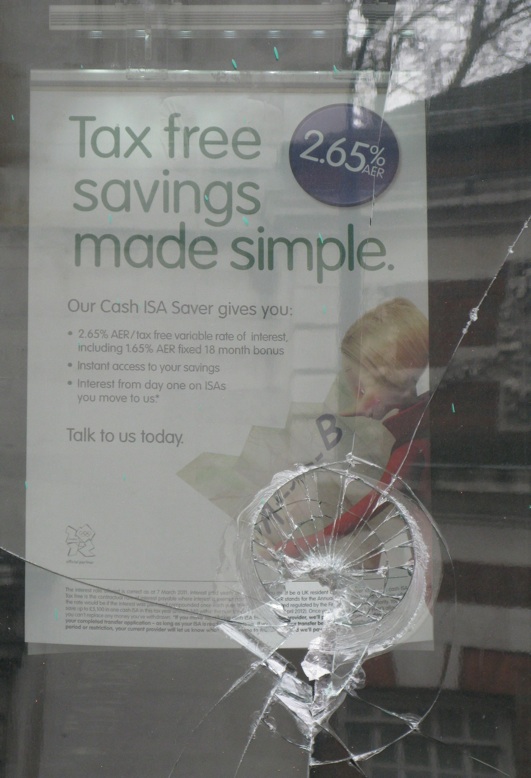A prelude run...

It’s 20th June, 2007. Chancellor of the Exchequer Gordon Brown paws imperiously at his speech papers.
Brown, just days away from becoming Prime Minister as Tony Blair steps down, faces the Lord Mayor of London, Governor of the Bank of England and the City of London’s Aldermen and Sheriffs, writes Paul Coleman.
They’re gathered inside the Mansion House, the official home and office of the Lord Mayor of the City of London, looking forward perhaps more to their sumptuous dinner than to Brown’s speech.
Brown praises them for presiding over the City’s ascent as the world’s leading equities and currency trading centre. Brown says: “I congratulate you Lord Mayor and the City of London on these remarkable achievements, an era that history will record as the beginning of a new golden age for the City of London.”
Northern Rock run
On 9 August 2007 BNP Paribas freezes three funds full of Collateralised Debt Obligations – bundled mortgage and consumers loans. CDO values to investors can no longer be calculated. Seven years of sloshing prosperity turns to mush as CDO values tumble. US lenders go to the wall, American borrowers default and house prices crumble.
Northern Rock, the UK’s fifth largest mortgage lender – particularly aggressive in the first-time buyer market – has built up debt by borrowing heavily to fund customer home loans. Now it needs to repay those debts via ‘securitised’, or bundled loans, for re-sale on the international money markets. But the crumbling CDO market and the subsequent credit squeeze between banks tips Northern Rock into a liquidity crisis.
News breaks Northern Rock, with far more borrowers than savers, needs a state UK government loan. Savers panic, despite reassurances the government guarantees their deposits. People no longer trust politicians since the Iraq War was fought on the falsified premise of weapons of mass destruction. A literal run on the bank sees anxious Northern Rock savers queue from early morning on 14 September to withdraw their money.
Rock horror
The first run on a major UK bank for 150 years sees up to £1 billion rapidly withdrawn. The run crashes Northern Rock’s internet banking website. Northern Rock shares plummet more than 30%. Speculation about other mortgage lenders sends the Financial Times Stock Exchange share index of 100 top companies falling by more than 1%.
Suddenly, UK media attention focuses on the US subprime mortgage lending market. Lenders cannot sell any more high-risk loans to Americans on average and low incomes. Unable to cope with hiked interest rates and ‘small print’ fees, many subprime borrowers simply default and walk away from their 99% mortgages.
Banks reliant on securitised CDO markets are starved of new cash. Other banks either raise their inter-bank lending interest rates or refuse to lend to competitors altogether. The Northern Rock run crumples London’s reputation as a secure and prosperous global finance hub. The ‘credit crunch’ hits bank finances and deep-freezes the UK’s real economy.
‘Temporary’ nationalisation
Brown, now Prime Minister, faces furious questioning; why didn’t the Financial Service Authority, as regulator, know and do something about Northern Rock’s problems earlier? Alistair Darling, now Chancellor, ‘temporarily’ nationalises Northern Rock and insists the UK’s banking system and economy remains strong.
Epilogue
Northern Rock, initially rescued by the taxpayer for £1.4bn, is sold to Virgin Money for just £750m. The deal takes effect in January 2012 leaving UK taxpayers facing losses ranging from £373m-£653m. Worse still, taxpayers are burdened with the toxic debt-ridden part of Northern Rock - Northern Rock Asset Management.
The ongoing maintenance of Northern Rock leaves taxpayers with a bill pushing beyond £28bn. Reported potential losses could amount to £21bn if NRAM mortgages are not repaid to the taxpayer.
© Paul Coleman LONDON INTELLIGENCE 2012